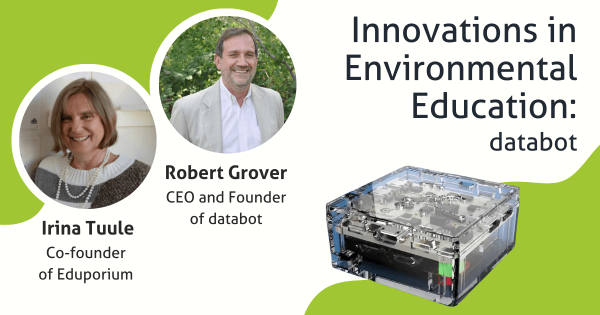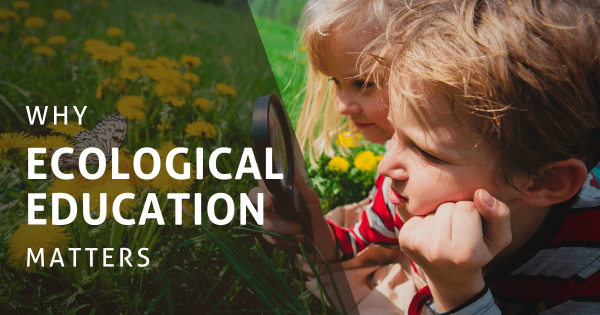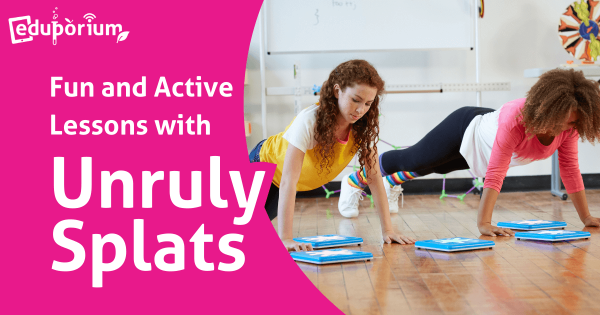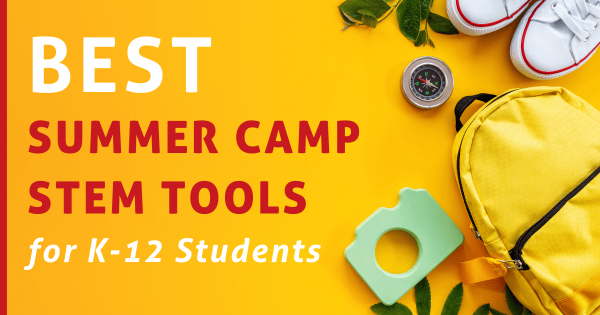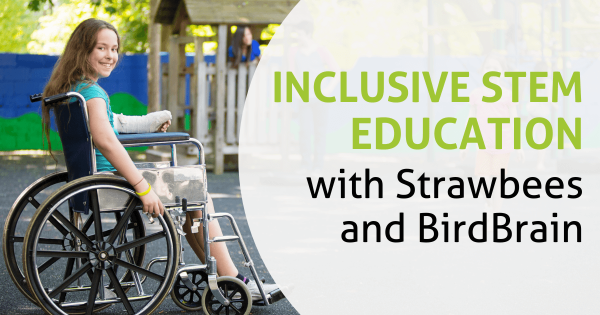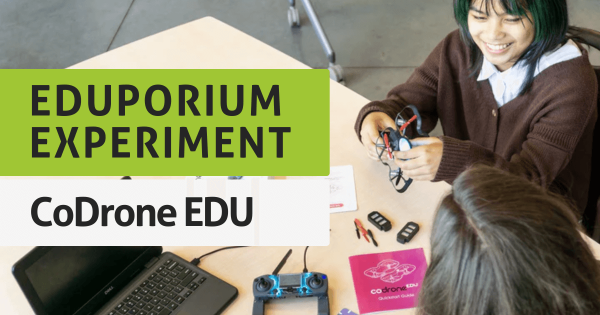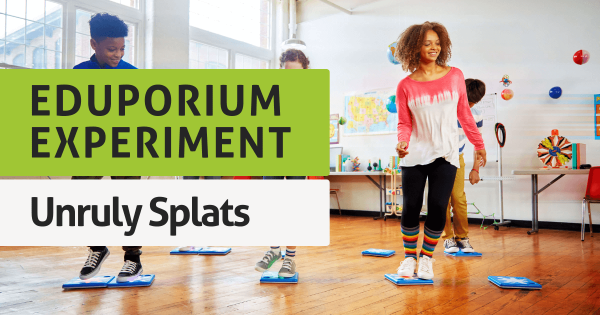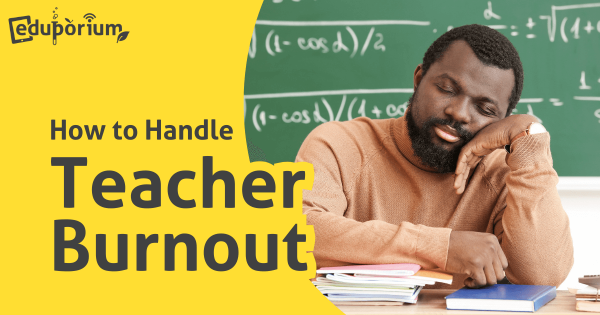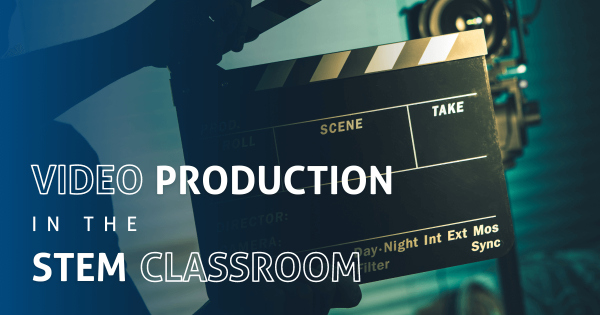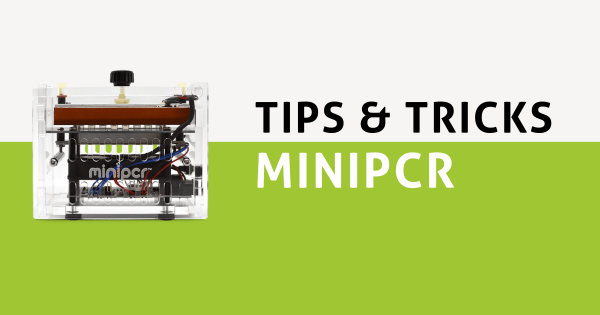As educators, how can we teach students to engage with challenges like climate change and environmental health? Our spring webinar series tackled these questions with one of our favorite environmental education tools: databot 2.0. In our model of Ecological Education, EdTech tools like databot are key to facilitating students’ appreciation of the environment.
Kara Applegate
-
Why Ecological Education Matters For The Future
Our model of Ecological Education, or EcoEd, uses principles from Nature to inform all learning. In this white paper, we explain the need for a shift to project-based learning and the formation of an “Ecological Mindset.” EcoEd can equip students with the knowledge, skills, and values needed to create a sustainable future. Download the white paper and read a summary -
Fun And Active Lessons With Unruly Splats
Physical activity shouldn’t be limited to recess and gym class. After sitting in the classroom for hours each day, students want to get up, run around, and get their wiggles out. And teachers want a break from the everyday routine. Enter Unruly Splats. These programmable floor buttons have applications in math, ELL, special education, P.E., art and music classes, and -
Best Summer Camp STEM Tools For K–12 Students
We’ve put together this in-depth list of some top STEAM solutions for 2024 summer camps whether you are teaching coding, flying drones, or perhaps practicing engineering. These proven tech tools are perfect for helping kids continue developing their STEM skills even outside of the classroom. Plus, you can even get a free consultation with us to start planning your camp. -
Inclusive STEM Education With Strawbees And BirdBrain
What obstacles might students face in STEM education? For students with physical and mental disabilities, not every school is an inclusive place. But Strawbees and BirdBrain joined forces to remedy this. In this lesson, kids use Strawbees tools and Hummingbird Bit to design accessible playground equipment—making inclusivity a priority while practicing STEM skills. -
Eduporium Experiment | How To Pair, Code, and Fly CoDrone EDU
Although DJI recently discontinued the Tello EDU and RoboMaster drones, educational drones offer a solid path to teaching programming and piloting skills in your classroom. We spent time with our new addition, the CoDrone EDU, learning to fly and program. Compatible with Blockly and Python, the CoDrone EDU is a top coding companion for kids in a range of grades. -
Eduporium Experiment | How To Use Unruly Splats
Unruly Splats are interactive buttons designed for students to stomp, jump, and play upon. With pre-coded, standards-aligned activities and their own custom games, students get out of their seats while learning programming principles and SEL skills like working together. Play games for any subject, including math, ELL, special ed, art, physical education, and more! -
Eduporium Weekly | How To Handle Teacher Burnout
Providing our teachers support involves different approaches for different situations. As teachers face novel challenges from in-person learning, new technologies, and more, it is essential to give them the tangible help they need to thrive. Self-care, social-emotional strategies, collaboration, and material resources can all help to alleviate teacher burnout. -
How To Bring Video Production Into The STEM Classroom
Recent issues with student attention have inspired teachers to incorporate more audiovisual elements, like podcasts and videos, into the classroom. Research shows that interacting with videos in class improves students’ engagement and retention of STEM content, as well as increasing class satisfaction. Look inside for tips on using video elements in the classroom. -
Tips & Tricks | miniPCR Kits For Teaching Chemistry And Biology
Identify genes, compare DNA samples, study genetic variations, and more with the miniPCR gel electrophoresis and PCR kits. As children learn skills like micropipetting and using a thermal cycler, they can prepare to take on fields like forensics, agriculture, oncology, and others. Kids can even work with the same PCR equipment used on the International Space Station!



